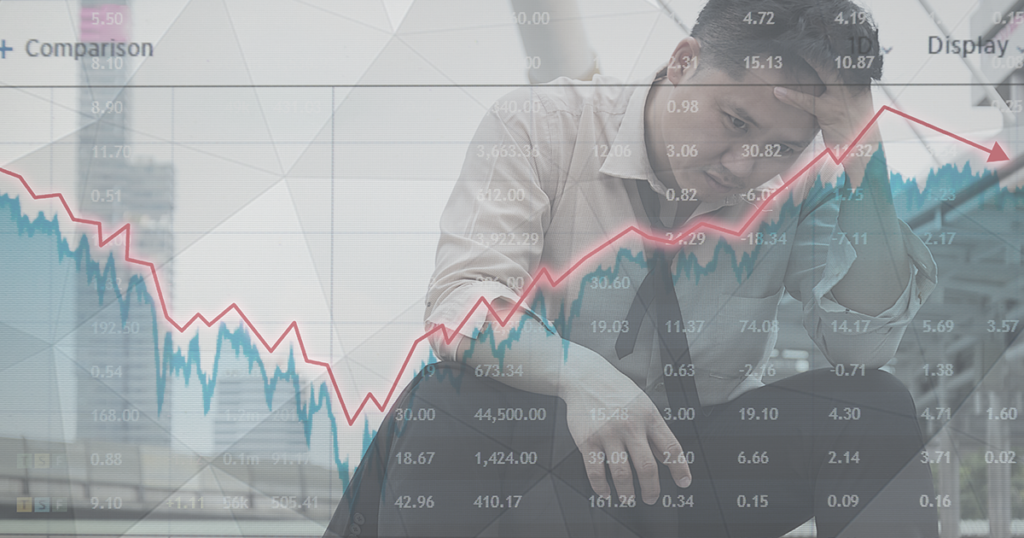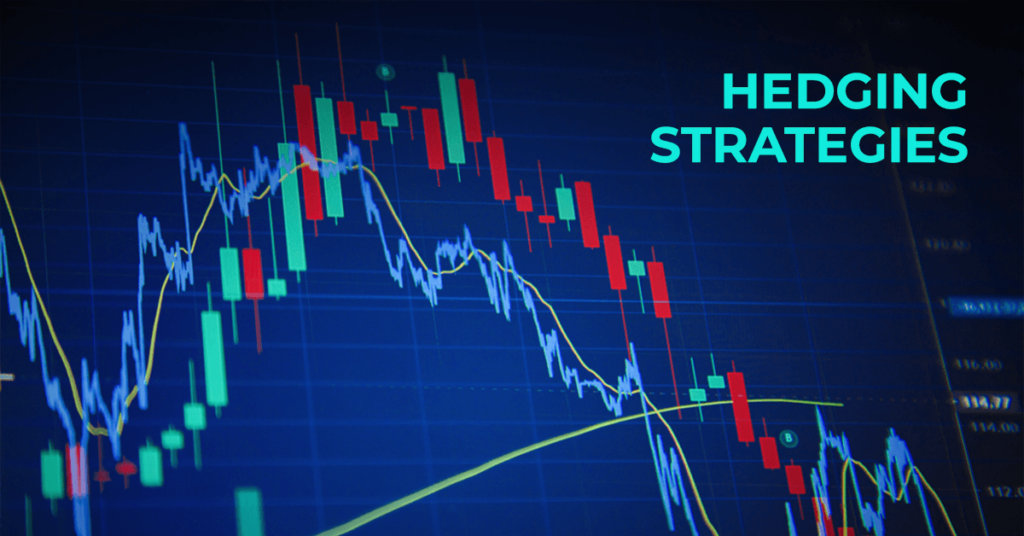
The Singapore forex market is known for its fast-paced and highly volatile nature, making it one of the most challenging financial markets to navigate. Various factors, including economic indicators, political events, and investor sentiments, constantly drive this market. However, one crucial factor that often gets overlooked is the role of emotions in decision-making.
While we may like to believe that our decisions are solely based on logic and rationality, emotions significantly shape our decision-making process. This article will delve into the effects of emotions on decision-making in the Singapore forex market, discussing key areas where emotions can impact trading decisions.
Fear and panic
Fear and panic are two strong emotional responses that can significantly impact a trader’s decision-making process in the forex market. Fear can manifest itself in various ways, such as fear of losing money, missing out on an opportunity, or even making a wrong decision. When traders experience fear and panic, they tend to make hasty decisions based on emotions rather than rational thinking. It can lead to impulsive trading, resulting in losses.
Fear can also cause traders to hold on to losing positions for extended periods, hoping the market will turn in their favour, known as the ‘fear of missing out’ or FOMO, often resulting in even more significant losses. In contrast, panic can lead to traders exiting profitable trades too soon because they fear losing their gains. Both fear and panic can cause traders to deviate from their trading strategy, resulting in missed opportunities or costly mistakes.
FX traders must know their emotions and how they may influence their decision-making. To combat fear and panic, traders can incorporate risk management techniques such as setting stop-loss orders and defining straightforward entry and exit points in their trading plan. It can help limit losses and prevent hasty decisions based on emotions.
Greed
Another powerful emotion that can significantly impact decision-making in the forex market is greed. The anticipation of making significant profits can cloud a trader’s judgment, leading to risky and impulsive trading decisions. Greed can cause traders to take on more significant risks than they are comfortable with, resulting in losses that could have been avoided.
Greed can also lead to overtrading, where a trader becomes addicted to the adrenaline rush of making quick profits. It can result in trading beyond one’s means and ignoring risk management strategies, increasing the chances of massive losses. FX traders must recognise the signs of greed and practice self-control to prevent it from influencing their decision-making.
To avoid falling prey to greed, traders can set realistic profit targets and stick to them, avoiding impulsive trading decisions. It is also essential for traders to develop and follow a trading plan strictly, not allowing emotions such as greed to sway them.
Overconfidence
Overconfidence is a common pitfall that often leads to poor decision-making in the forex market. When traders experience a series of successful trades, they may become overconfident and believe they can predict the market accurately. It can result in taking on excessive risks, not adhering to risk management strategies, and ignoring warning signs in the market.
Overconfidence can also lead to complacency, where traders may become lax in their analysis and not put enough effort into their trades, resulting in missed opportunities or taking unnecessary risks that could have been avoided with proper research and analysis.
To combat overconfidence, an FX trader must maintain a level-headed approach and not let past successes cloud their judgment. Traders should constantly review their trading strategies, stay updated on market trends, and remain disciplined in decision-making.
Stress and burnout
The forex market can be highly stressful, with constant price fluctuations, unexpected events, and the pressure to make profitable trades. All these factors can contribute to traders experiencing high-stress levels, leading to burnout.
When stressed and burnt out, traders may become more prone to making emotional decisions based on fear, panic, or impulsiveness. It can result in poor decision-making and ultimately negatively affect their trading performance.
To prevent stress and burnout from impacting decision-making, traders must practice self-care and manage their emotions effectively. It can include taking regular breaks from trading, practising relaxation techniques, and seeking support from fellow traders or professionals when needed.
Confirmation bias
Confirmation bias is the tendency for individuals to interpret information in a way that confirms their existing beliefs and biases. It can lead to traders only seeking information supporting their trading decisions in the forex market, leading to a distorted view of the market.
Confirmation bias often results in traders ignoring warning signs or dismissing contrary opinions, leading to poor decision-making. It can be particularly damaging regarding risk management, as traders may overlook potential risks due to their biases.
To combat confirmation bias, FX traders must remain open-minded and continuously seek out different perspectives on the market. It is also crucial for traders to regularly review their trading strategies and stay informed on market trends to avoid falling prey to confirmation bias.



